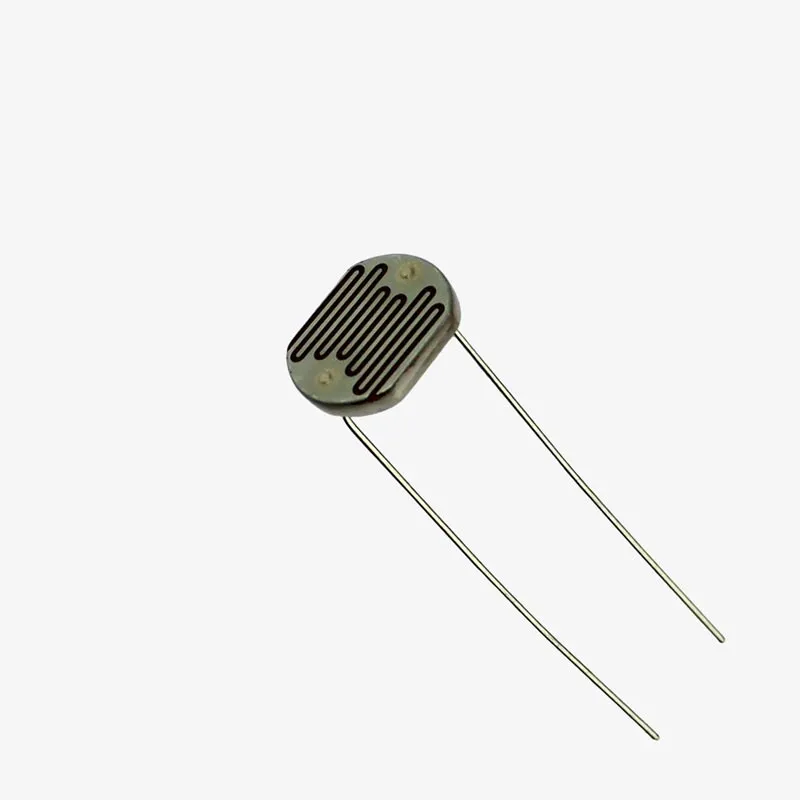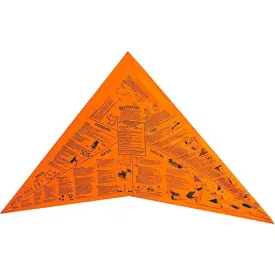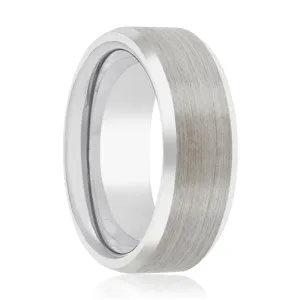The 12mm LDR Light Dependent Resistor is an essential component for a variety of projects. Its light-sensitive properties make it perfect for sensing changes in light intensity, allowing it to be used for applications like automatic lighting control.
The advantages of a 12mm LDR include:
Sensitivity: LDRs are highly sensitive to changes in light intensity. The 12mm size allows for a larger surface area to capture light, potentially increasing the overall sensitivity of the component.
Versatility: LDRs can be used in a wide range of applications. They are commonly used in light-sensitive circuits, light meters, camera exposure controls, outdoor lighting systems, and many other devices where light detection or measurement is required.
Low power consumption: LDRs have a low power consumption, making them energy-efficient components. They can operate in low-power devices or battery-powered applications without significantly draining the power source.
Cost-effective: LDRs are generally affordable and readily available in the market. Their cost-effectiveness makes them a popular choice for various light-sensing applications, allowing for economical designs and implementations.
Easy to use: LDRs are relatively simple to integrate into circuits. They typically have two terminals that change their resistance based on light intensity. This change in resistance can be easily measured and utilized in electronic systems.
Wide operating range: LDRs can detect light across a broad range of wavelengths, including visible light. This characteristic enables them to be used in different lighting conditions, both indoors and outdoors.
It's important to note that the advantages of a 12mm LDR are not fundamentally different from those of LDRs with other sizes. The specific size may affect factors such as sensitivity and physical compatibility with certain applications, but the basic operating principles and advantages remain consistent across different sizes of LDRs.















